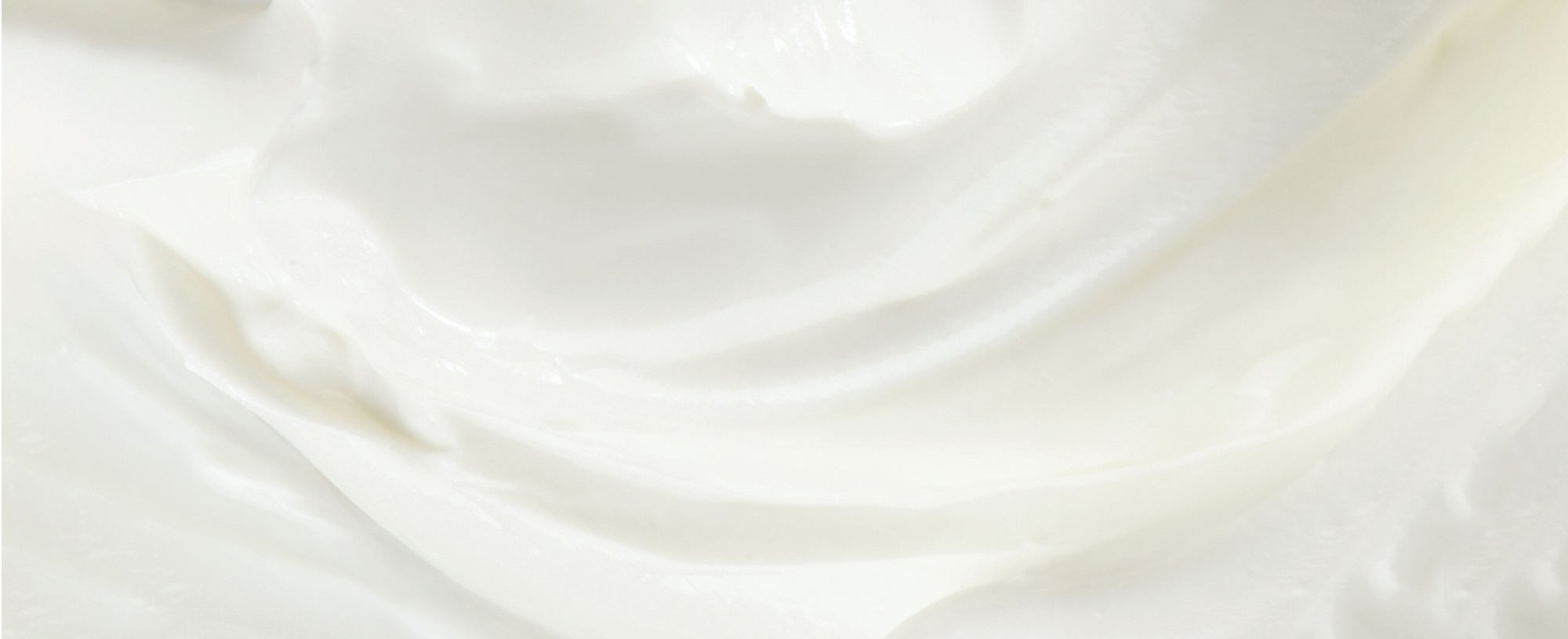Acne can, unfortunately, plague people of all ages and genders. If you’ve ever had it before, you already know that sometimes it feels like no matter what you do, your breakouts just keep getting worse and worse. Sound familiar? We’ve all been there. But, it turns out that certain skin care habits could be making your acne worse—and not just the obvious ones. Keep reading to learn about hidden causes that could be making your breakouts worse, plus find out how to change your skin care routine for the better.
REASON #1: YOU APPLY YOUR ACNE PRODUCTS ONLY ON YOUR PIMPLES
One of the most surprising things that can worsen your acne, according to the American Academy of Dermatology (AAD), is only applying your acne medications onto your pimples. While you might think that it’s wise to put your anti-acne products just on your blemishes, so as not to dry out the rest of your complexion, this approach is the wrong one. Instead, the AAD recommends applying an even, thin layer of your acne medication over all of your acne-prone areas—making sure to cover the whole area, rather than just individual blemishes that pop up. This will help prevent new blemishes from forming in the first place, whereas applying the medication onto pimples that have already surfaced won’t.
REASON #2: YOU SHARE YOUR MAKEUP BRUSHES
The AAD reveals that when you share makeup brushes, makeup blenders, or applicators of any kind (such as mascara wands or eyeliner pencils), the acne-causing bacteria, oil, and dead skin cells from the other person’s skin can transfer into your makeup—and then onto your skin, where they can clog pores and yes, lead to more breakouts. So, next time your friend asks if she can borrow your makeup, politely explain why sharing won’t benefit either of you. Make sure you’re the only person who uses your makeup and also remember to clean your makeup brushes regularly.
REASON #3: YOU SLEEP IN YOUR MAKEUP
This is a big beauty no-no. Even if you’ve had a long day, do not—we repeat, do not—ever sleep in your makeup! If you’re prone to this bad habit, try storing a bottle of micellar water or pack of makeup remover wipes next to your bed. This way, even on nights when you can’t bring yourself to get up and wash your face in the sink, you can at least wipe your skin clean of makeup, bacteria, and dead skin cells that have built-up throughout the day. Try the L'Oréal Paris Ideal Clean All Skin Types Makeup Removing Towelettes or the L'Oréal Paris Micellar Cleansing Water Complete Cleanser Waterproof – All Skin Types.
REASON #4: YOU POP YOUR PIMPLES
This reason isn’t very surprising, we know, but it’s still super important. As much as you can, try to resist the urge to pop any blemishes you have, as doing so may push the bacteria deeper into your skin, according to the AAD. If this happens, it can lead to even worse things—including inflammation and potential scarring.
REASON #5: YOU TRY OUT A NEW ACNE PRODUCT EVERY WEEK
As fun and exciting as it is to test out new skin care products, trying out a different acne product every week or so isn’t doing your skin any favors, according to the AAD. When you introduce new products to your skin too frequently, it can cause it to become irritated, which can lead to more breakouts. Instead, make sure to give acne treatments time to work—the AAD recommends using a product for six to eight weeks. This can apply to pretty much all skin care products, whether it’s a facial cleanser, face scrub, or leave-on products such as moisturizer and serum. If you don’t see your blemishes clearing up after eight weeks, you can go ahead and try out another product. The AAD states that complete clearing of the skin usually takes three to four months, so be patient!
REASON #6: YOU WASH YOUR SKIN TOO MUCH
Yes, washing your skin is incredibly important—especially if you have acne-prone or sensitive skin. As we’ve noted, when you don’t cleanse your complexion properly, things like dead skin cells, excess oil, and lingering makeup can build up on the skin’s surface and cause acne. However, on the flip side, washing your face too many times during the day can cause irritation, which—you guessed it—can lead to more breakouts, according to the AAD. So, simply stick to the twice a day rule—cleansing your face every morning and evening with a facial cleanser that’s formulated for your individual skin concerns.
If you’re following all of the right skin care steps and still seeing deep, painful breakouts, you could be battling cystic acne. In addition to making an appointment with your dermatologist, you can read our article to find out exactly what cystic acne is. Here’s What Is Cystic Acne?







